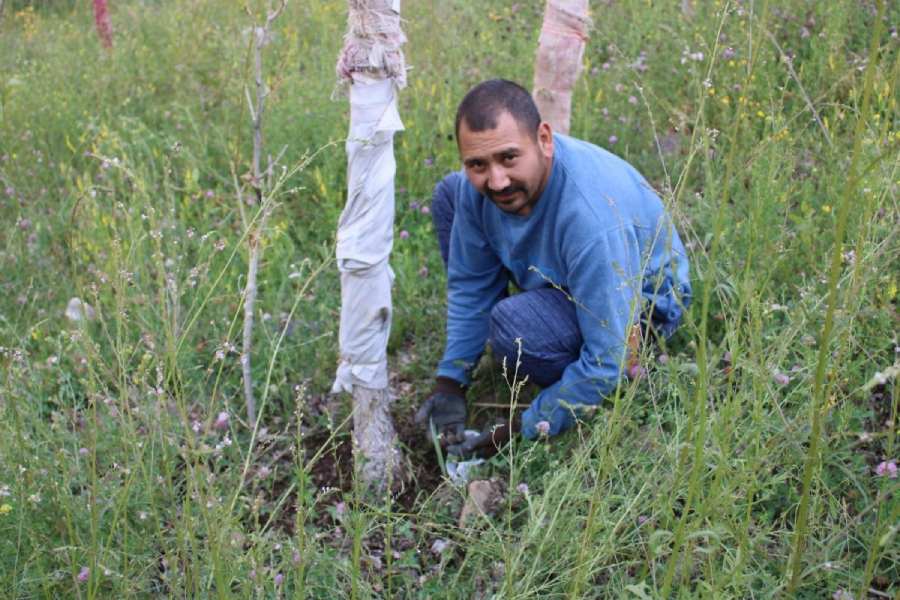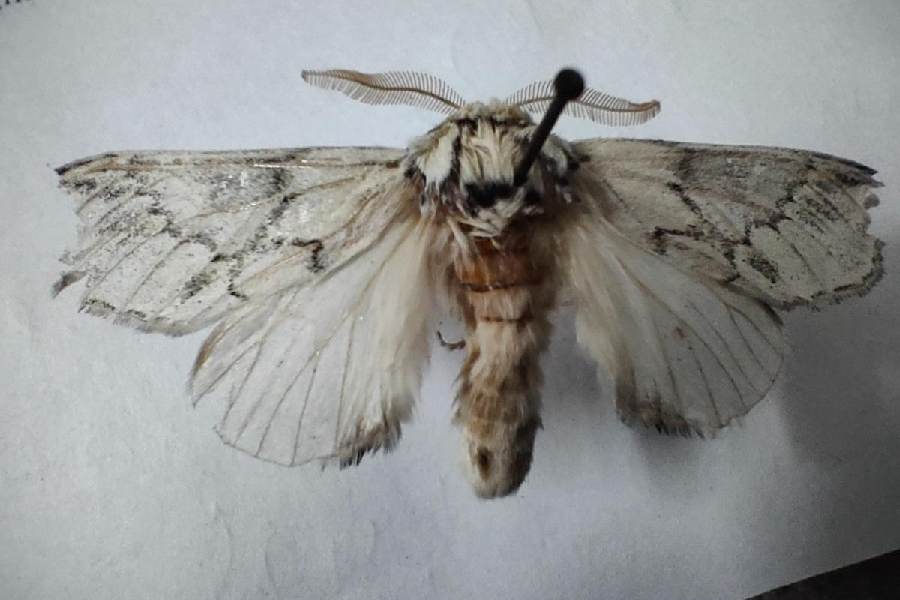Ladakh has an unwanted winged invader — likely from Pakistan or China.
Scientists have for the first time documented an invasive moth species called Pheosia albivertex feeding on the economically important poplar trees in Ladakh.
The moth is in its early stages of spread and dispersal in Suru valley in Kargil district, the scientists from academic institutions in Ladakh have said, calling for enhanced surveillance and efforts to curb its expansion.
The moth’s caterpillar stages feed on the poplar tree leaves and can completely defoliate a full-grown tree within two months of infestation, the scientists said in a research report announcing the invasive pest published on Sunday in the Journal of Asia Pacific Biodiversity.
Pheosia moths have a wide geographic range — they’re found in Japan, Mongolia, western Siberia, central Asia, Turkey and Europe. Pheosia albivertex has earlier been recorded from trans-Himalayan regions in Pakistan-occupied Kashmir, Tibet, Nepal and Bhutan.
The Zoological Survey of India had in 2019 recorded Pheosia albivertex in Jammu and Kashmir and Himachal Pradesh, but not as an invasive species.
“Villages in the Suru valley appear to have provided ideal climatic conditions for the pest to grow and to propagate quickly,” Mohammed Hussain, assistant professor of zoology at the University of Ladakh who led the study of the moth, told The Telegraph.
Hussain and Nassreen Fatima Kacho, a plant pathologist at the Sher-e-Kashmir University of Agricultural Science and Technology, first spotted what appeared to be a new pest feeding on poplar trees in Dyanguchay village in Suru valley in 2019. The moths have since spread into plantations near adjoining villages over the past three and a half years.

Mohammed Hussain at a study site
The scientists suspect that the moth was accidentally introduced from neighbouring regions in either China or Pakistan-occupied Kashmir. Kargil-Ladakh shares borders with China and Pakistan-occupied Kashmir, but there is neither trans-border road nor air connectivity across these regions.
However, trucks and other load carriers transporting fruit and vegetables from Pakistan-occupied Kashmir into Kashmir valley through the Srinagar-Muzaffarabad road and then to Ladakh via Zojila Pass may be one of the possible routes through which the moth entered Ladakh, the scientists have speculated.
The poplar is a deciduous tree traditionally cultivated across Kashmir and also grown in western Uttar Pradesh, Uttarakhand, Ladakh, and hilly areas of Bengal. Poplar trees are valued in Ladakh as a source of wood for timber, plywood and furniture as well as firewood. Its dried leaves and twigs serve as fodder for livestock in the arid cold desert region.
Scientists at the entomology division of the Indian Agricultural Research Institute, New Delhi, verified the moth as a new pest, an addition to the list of the 133 known pests of poplar.










